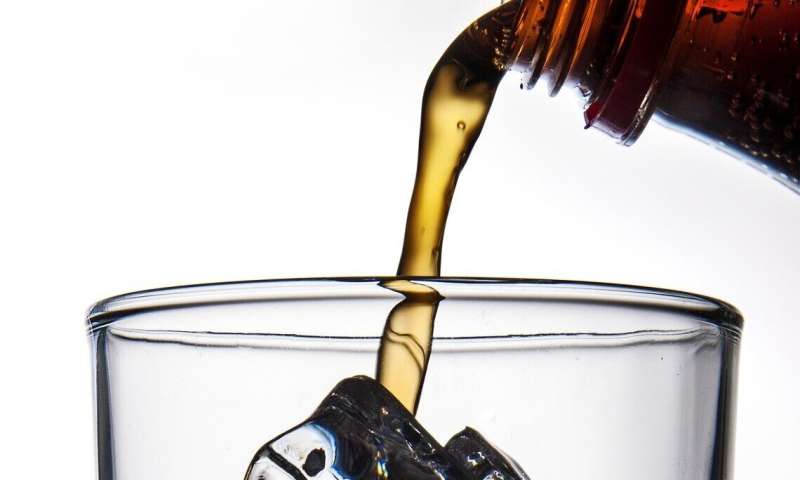Credit: CC0 Public Domain
Excessive alcohol consumption is a global challenge and is included in the Sustainable Development Goals, also known as the Global Goals, adopted by the United Nations. One strategy to reduce excessive alcohol consumption is the promotion of nonalcoholic beverages, such as nonalcoholic beer and cocktail beverages. However, until now, there has been a lack of research data on the impact of providing nonalcoholic beverages on the quantity of alcohol consumed.
In a randomized controlled study including adults aged ≥20 years and excluding patients with alcohol dependence, a total of 123 participants were categorized into the intervention group, which consumed nonalcoholic beverages for 12 weeks, and a control group. The study has been published in BMC Medicine.
The results revealed a significantly greater reduction in alcohol consumption in the intervention group compared with the control group, and this reduction persisted even after eight weeks of intervention. The intervention group consumed an average of 11.5 g of pure alcohol equivalent per day at 12 weeks, which was lower than that before the intervention.
The increase in nonalcoholic beverage consumption was associated with a decrease in alcohol intake in the intervention group, indicating that nonalcoholic beverages may have replaced alcoholic beverages in their consumption.
These results indicate the effectiveness of nonalcoholic beverages in reducing excessive alcohol consumption. Identifying scientifically validated methods for reducing alcohol consumption is expected to benefit society by providing interventions for individuals with excessive alcohol consumption and informing policy-making.
More information: Hisashi Yoshimoto et al, Effect of provision of non-alcoholic beverages on alcohol consumption: a randomized controlled study, BMC Medicine (2023). DOI: 10.1186/s12916-023-03085-1
Journal information: BMC Medicine
Provided by University of Tsukuba
























